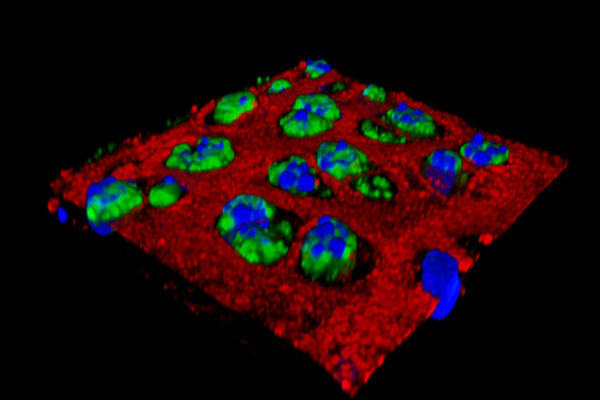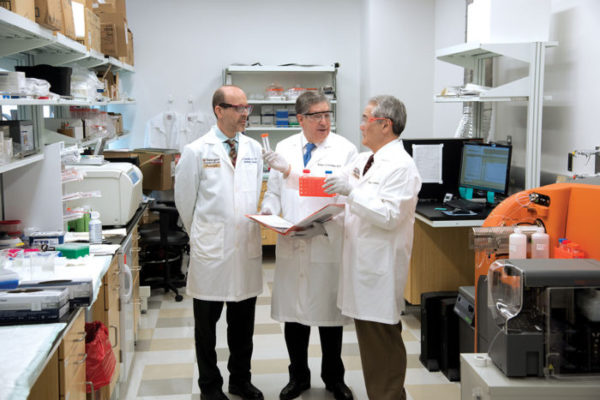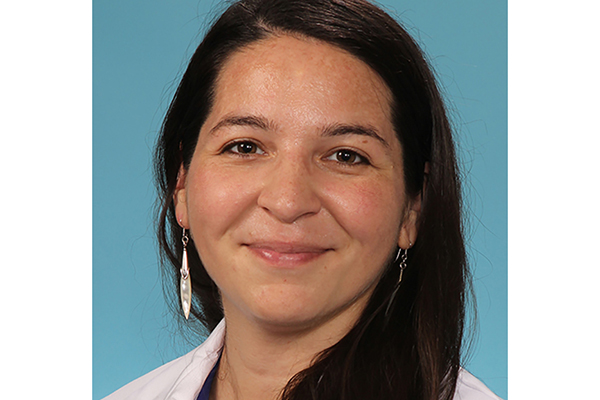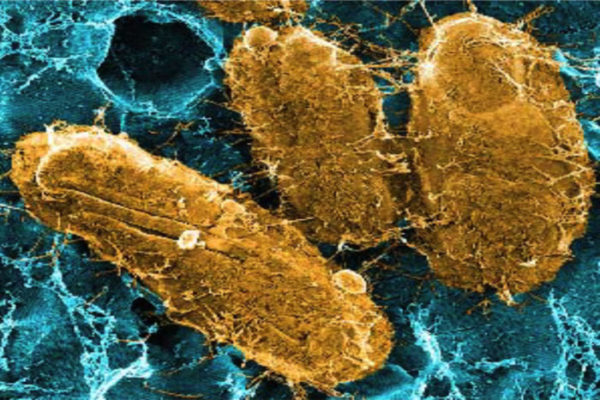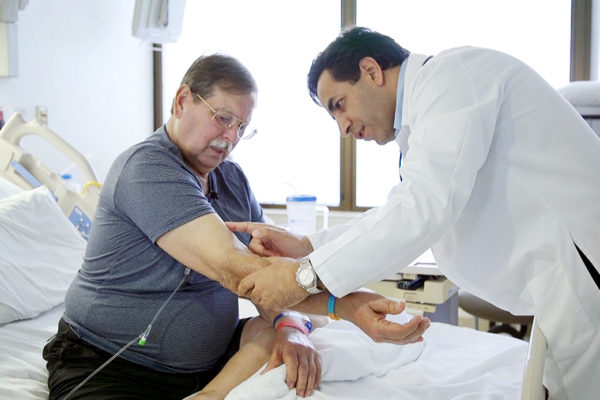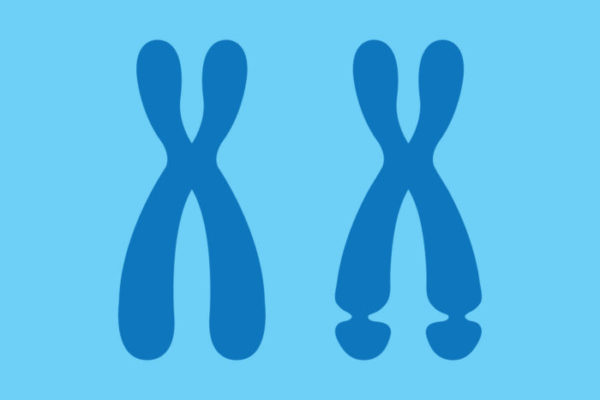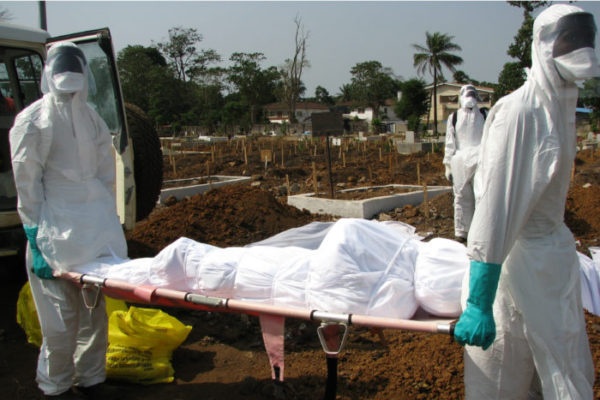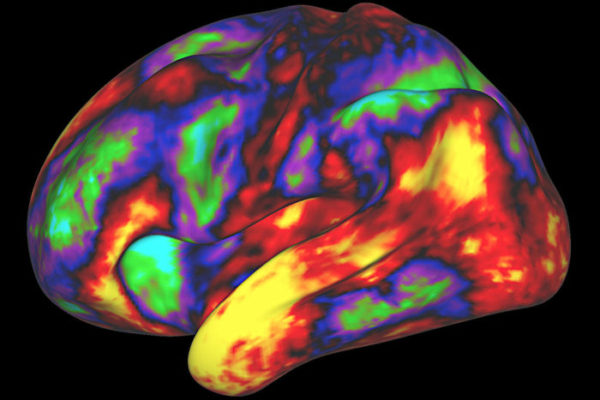Nanoparticle injections may be future of osteoarthritis treatment
Researchers at Washington University School of Medicine in St. Louis have shown in mice that they can inject nanoparticles into an injured joint suffering from osteoarthritis and suppress inflammation immediately following an injury, reducing the destruction of cartilage.
$10 million gift creates Bursky Center for Human Immunology and Immunotherapy
Washington University School of Medicine in St. Louis has received a $10 million gift to support research that harnesses the immune system to fight cancer, infectious diseases, and disorders caused by autoimmunity and immune deficiencies. The gift from Andrew M. and Jane M. Bursky will advance cutting-edge work at the newly named Andrew M. and Jane M. Bursky Center for Human Immunology and Immunotherapy Programs.
Markovina receives early-career research training award
Stephanie Markovina, MD, PhD, an assistant professor of radiation oncology at the Washington University School of Medicine, has received the 2016 Junior Faculty Career Research Training Award from the American Society for Radiation Oncology. She will receive a two-year, $200,000 grant as part of the recognition.
Researchers identify protein critical in causing chronic UTIs
Researchers have identified a potential way to prevent chronic urinary tract infections (UTIs). Their research points to a key protein that bacteria use to latch onto the bladder and cause UTIs, according to scientists at Washington University School of Medicine in St. Louis. Vaccinating mice against the protein reduces the ability of bacteria to cause severe disease.
New immunotherapy for leukemia shows promise in small clinical trial
A team at the School of Medicine is evaluating a new immunotherapy against acute myeloid leukemia. The treatment harnesses the immune system’s “natural killer” cells, putting them through a training period in the lab to help them attack leukemia cells in the blood.
New explanation offered for symptoms of fragile X syndrome
Researchers at Washington University School of Medicine in St. Louis have found another possible explanation for some of the symptoms of fragile X syndrome. The study, published Sept. 20 in Cell Reports, provides a new way of looking at the underlying causes of the syndrome and suggests new targets for treatment.
Lang named chair of NIH study section
Catherine Lang, a professor of physical therapy at Washington University School of Medicine in St. Louis, will serve a two-year term as the chairperson of the Musculoskeletal Rehabilitation Sciences Study Section, part of the National Institutes of Health (NIH) Center for Scientific Review.
Ebola focus of $13 million grant
A $13 million grant to study how the Ebola virus replicates has been awarded to a team led by Gaya Amarasinghe, associate professor of pathology and immunology at Washington University School of Medicine in St. Louis.
Med school study examines firearms in the home
A survey of parents in Missouri and Illinois reveals that about half of the children in the families queried spent time in homes that have firearms. However, few reported talking about gun safety with their children’s pediatricians.
Brain development through adolescence to be focus of national study
In a landmark national study, scientists will use advanced brain imaging on more than 10,000 children, along with interviews and behavioral tests, to determine how experiences, together with a child’s changing biology, affect brain development.
View More Stories
